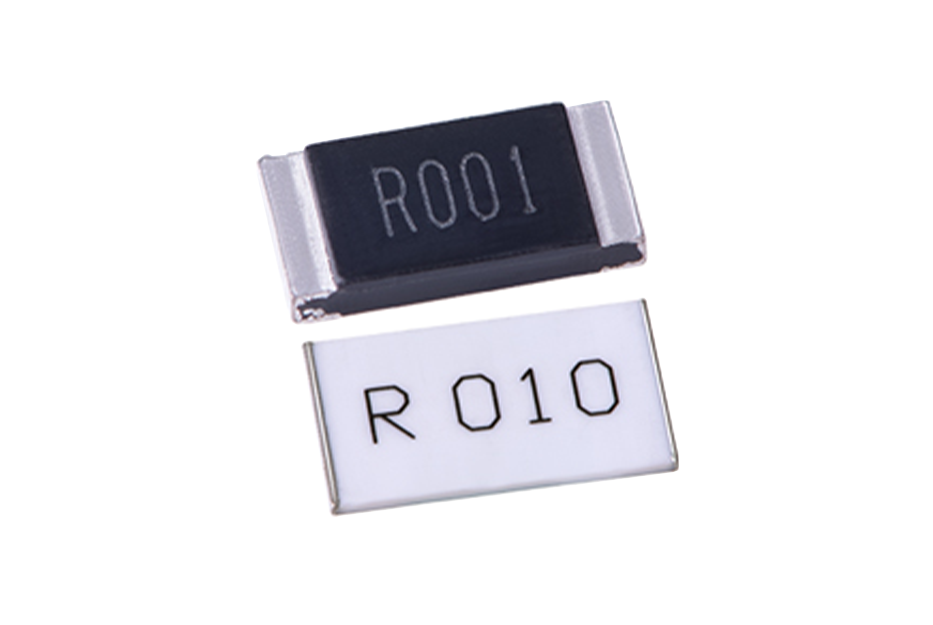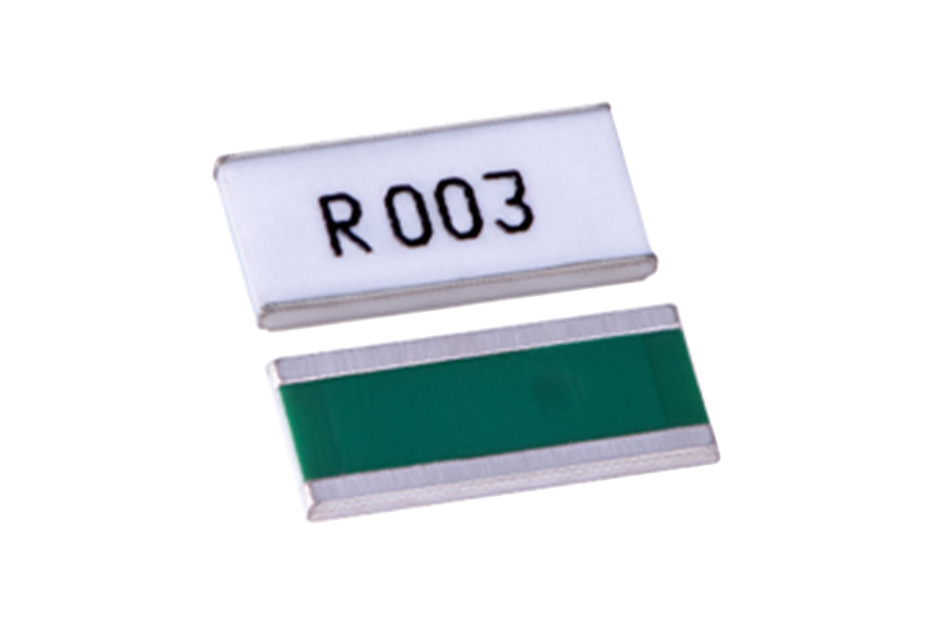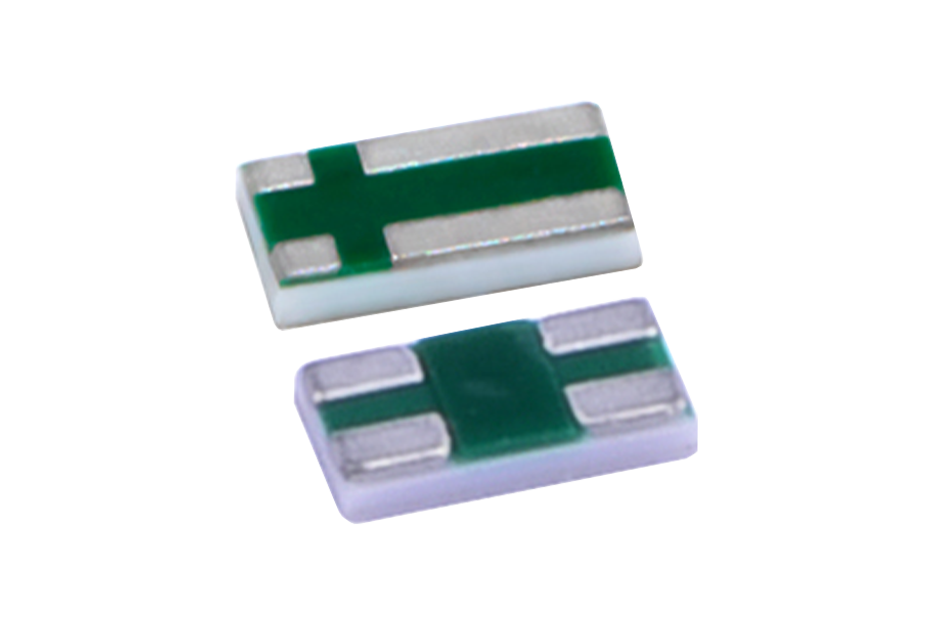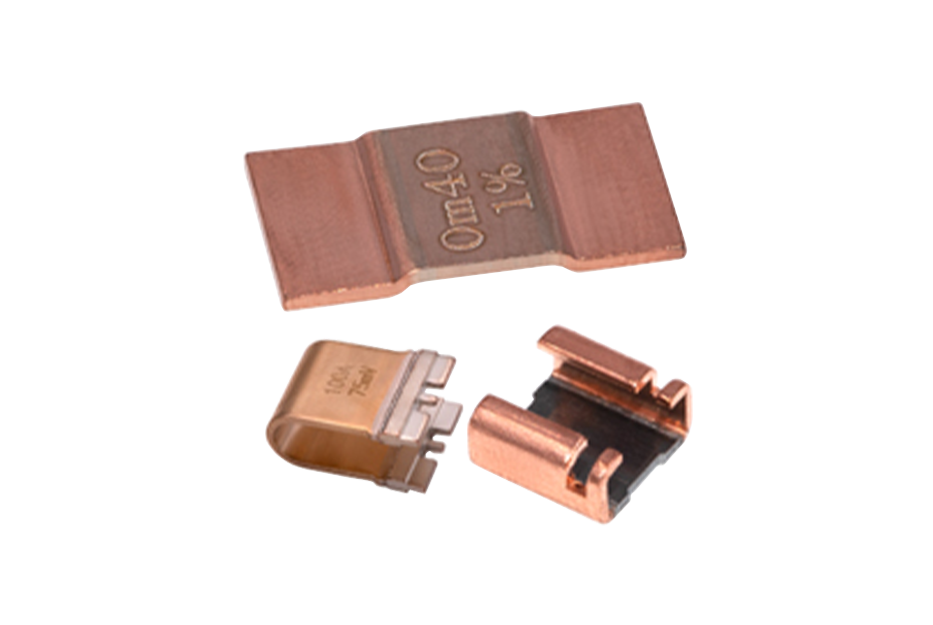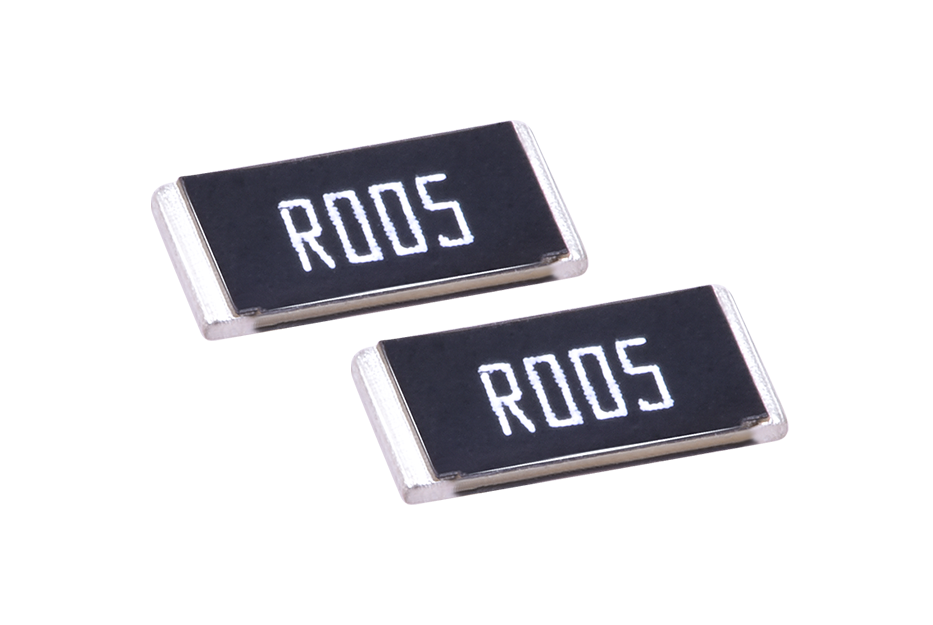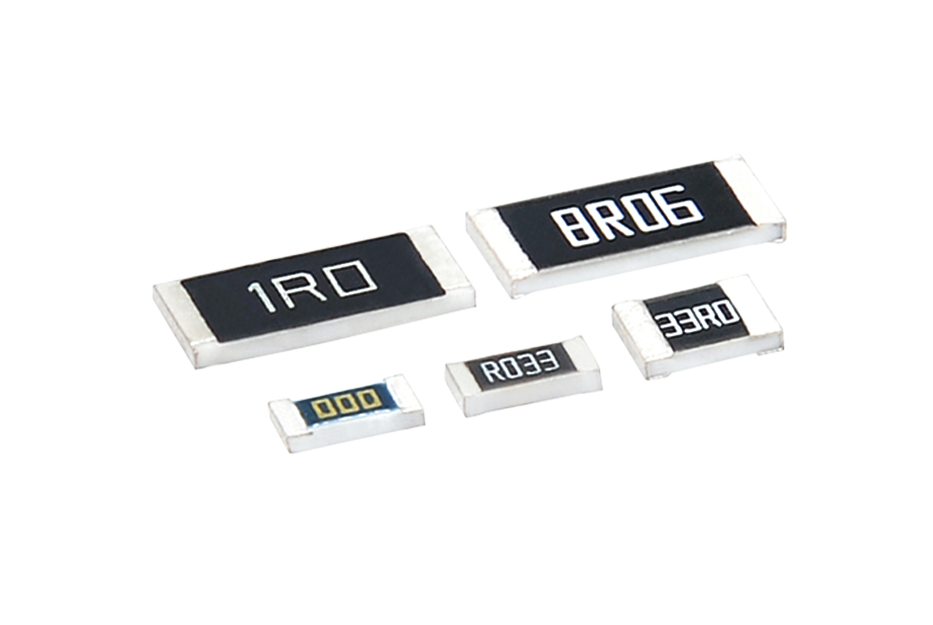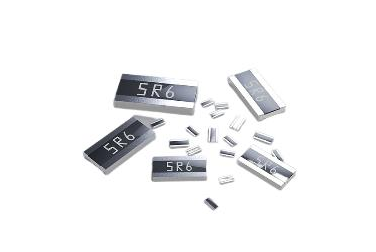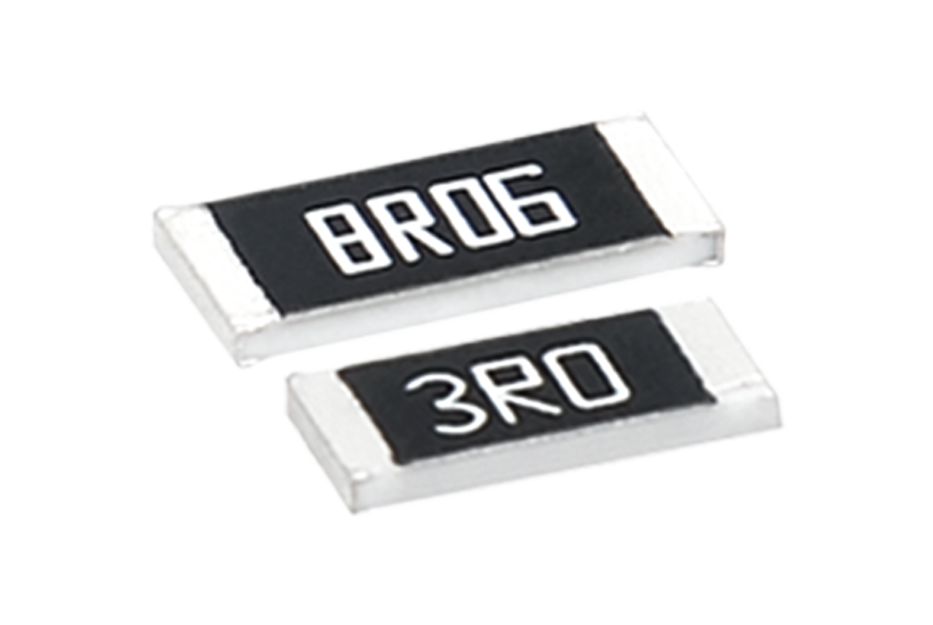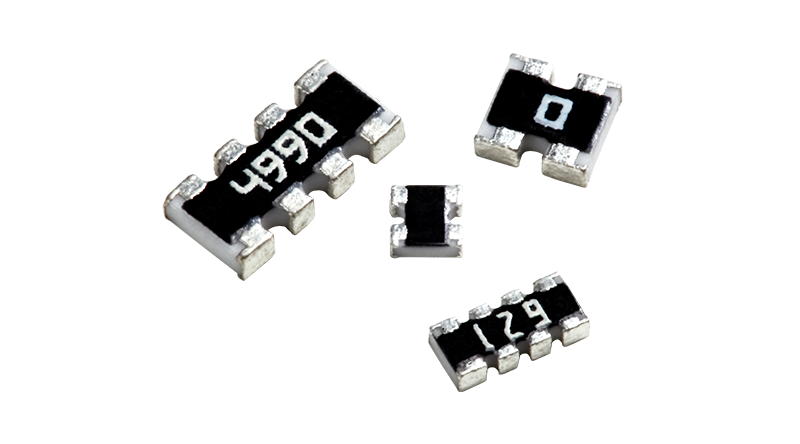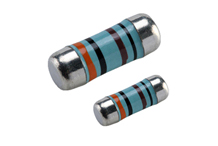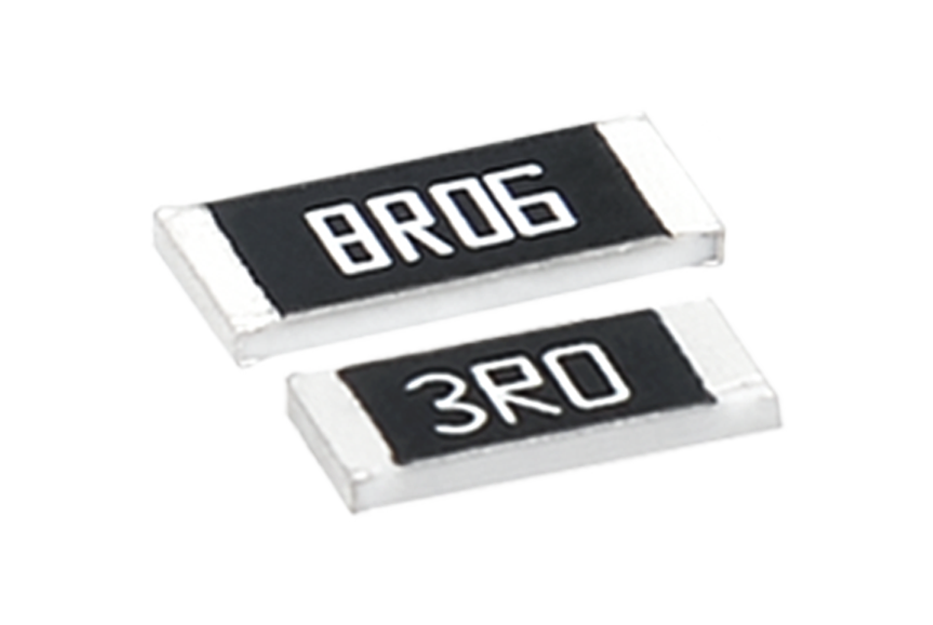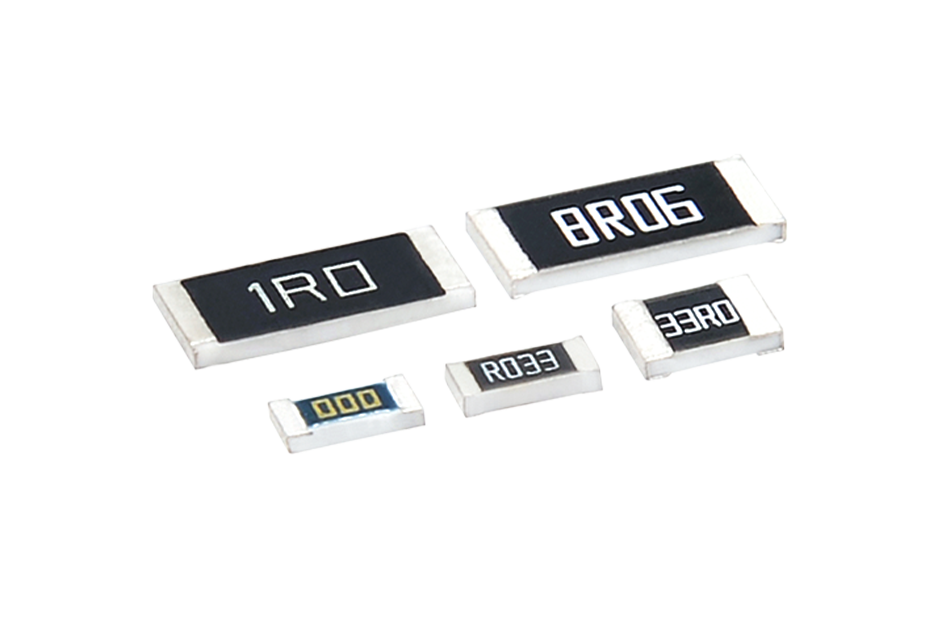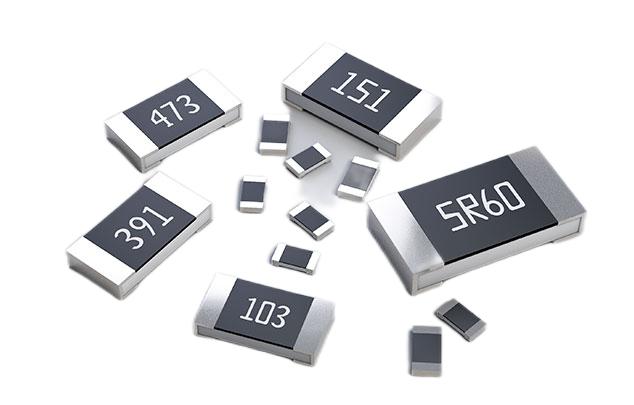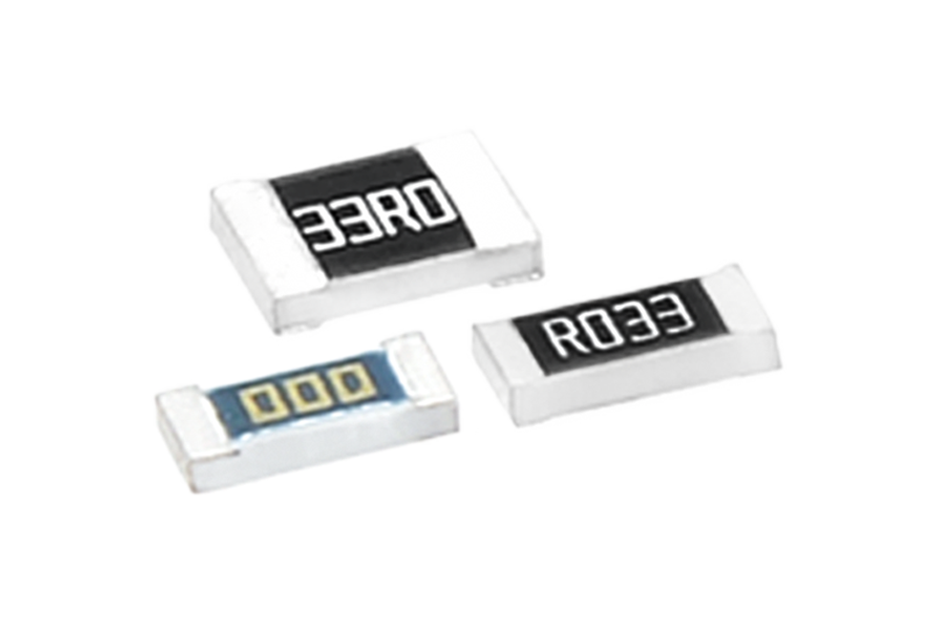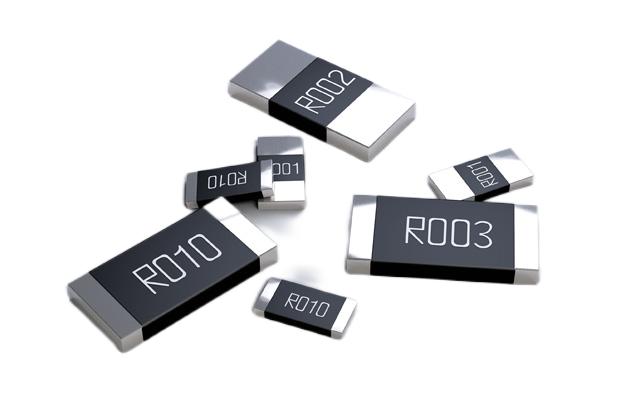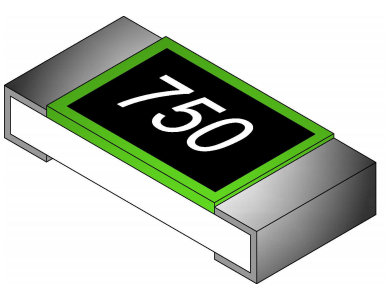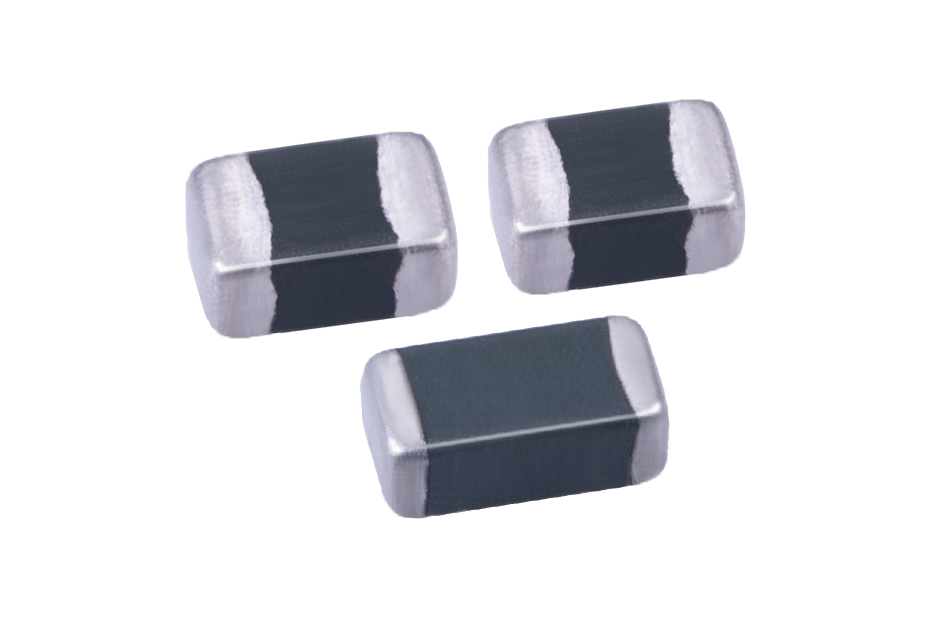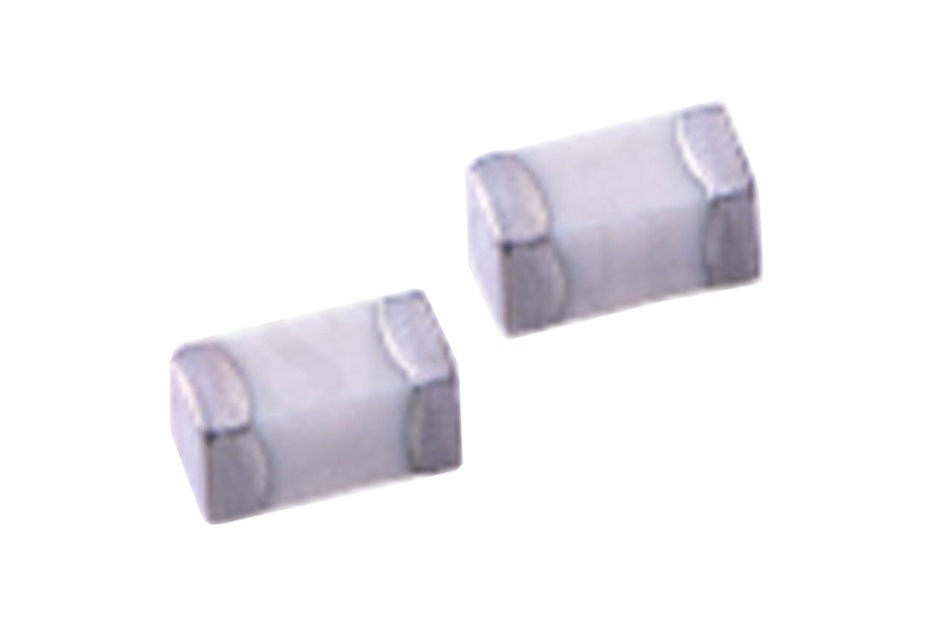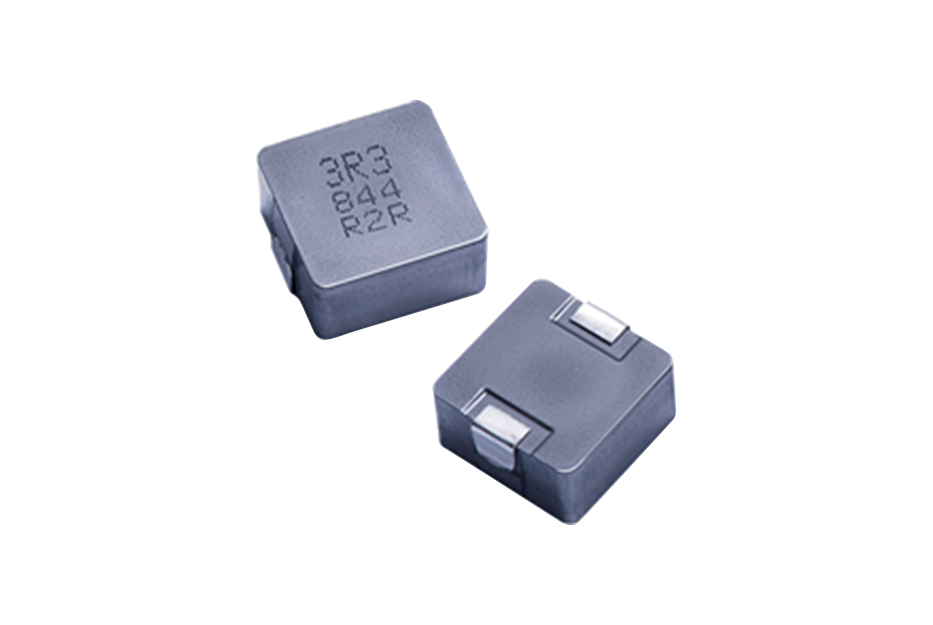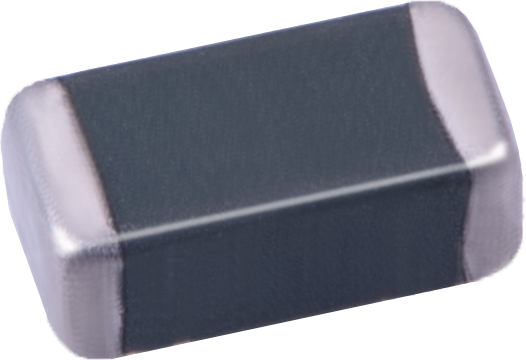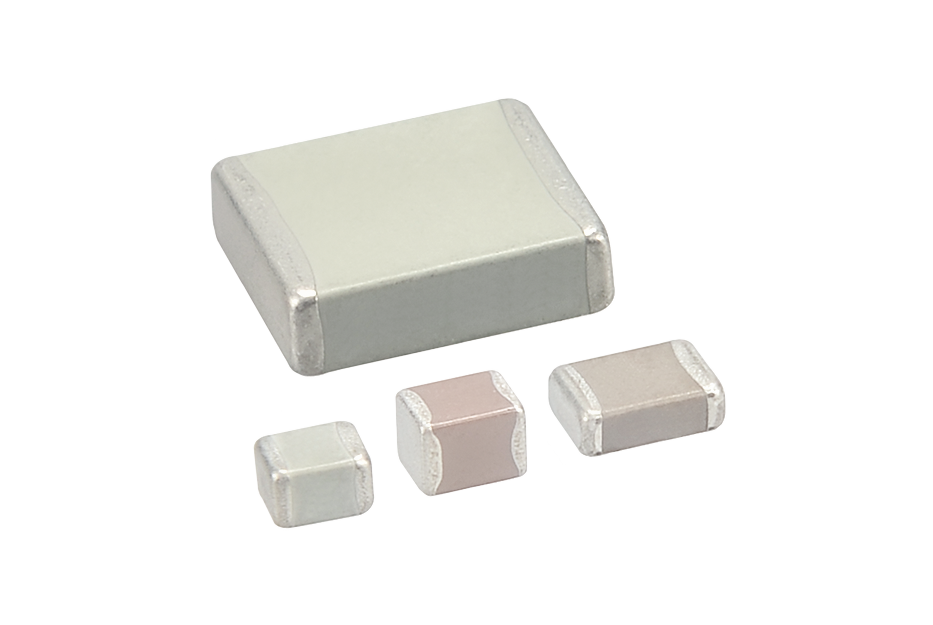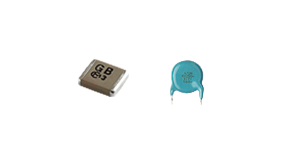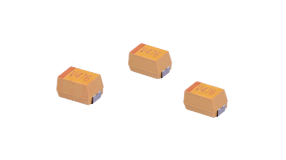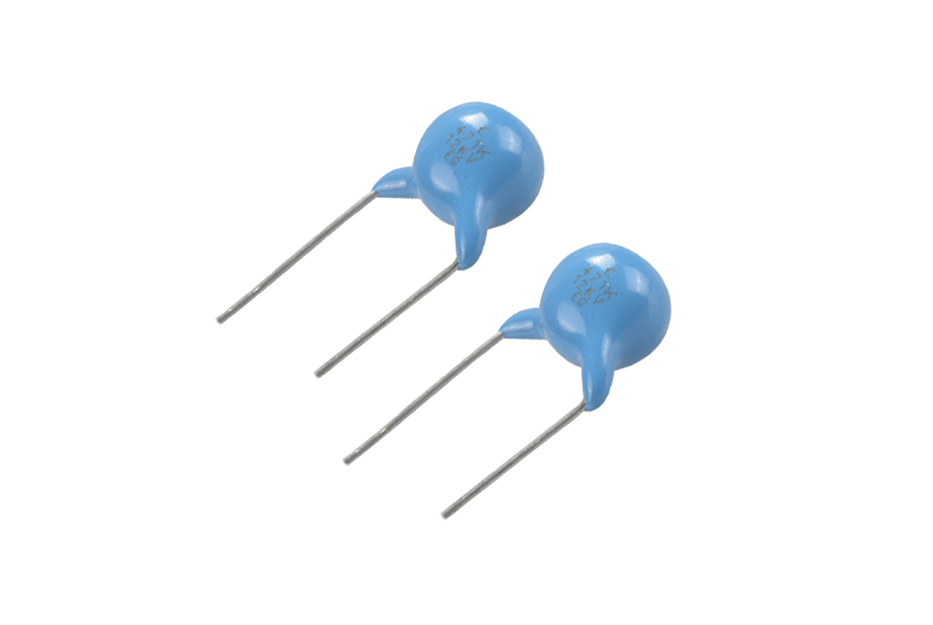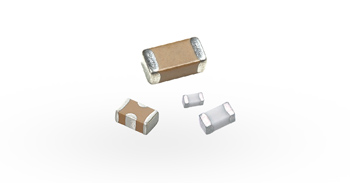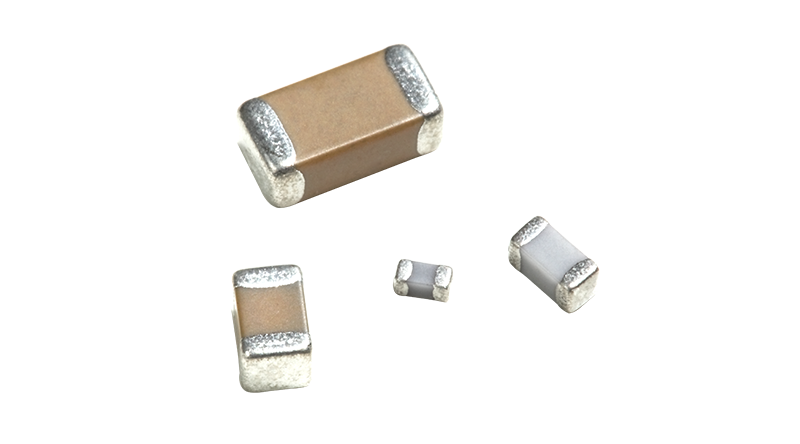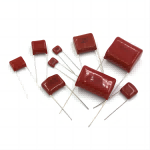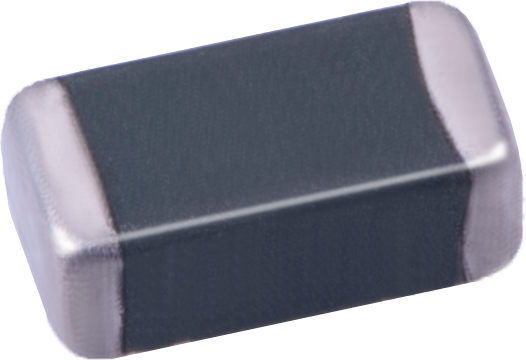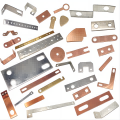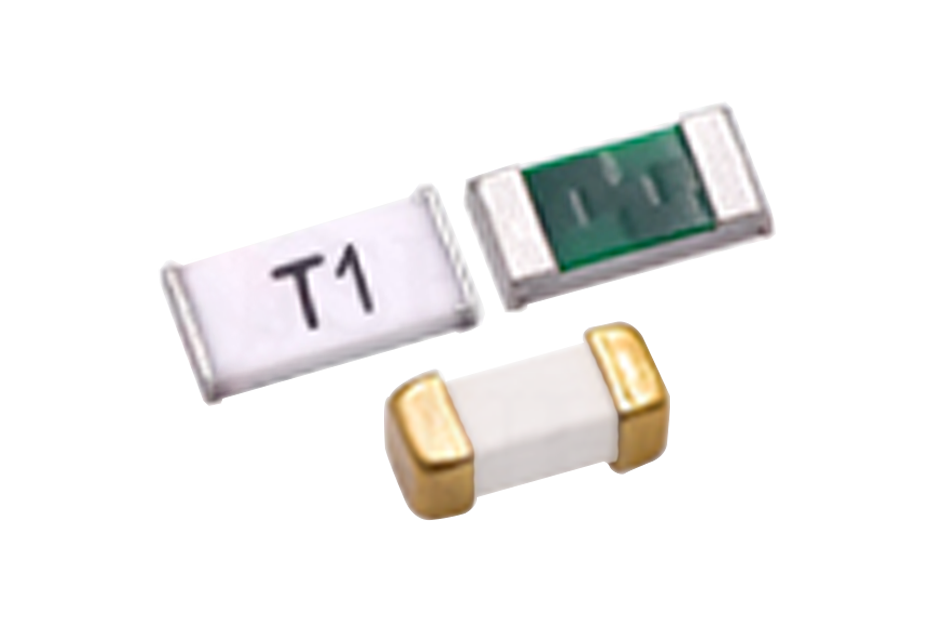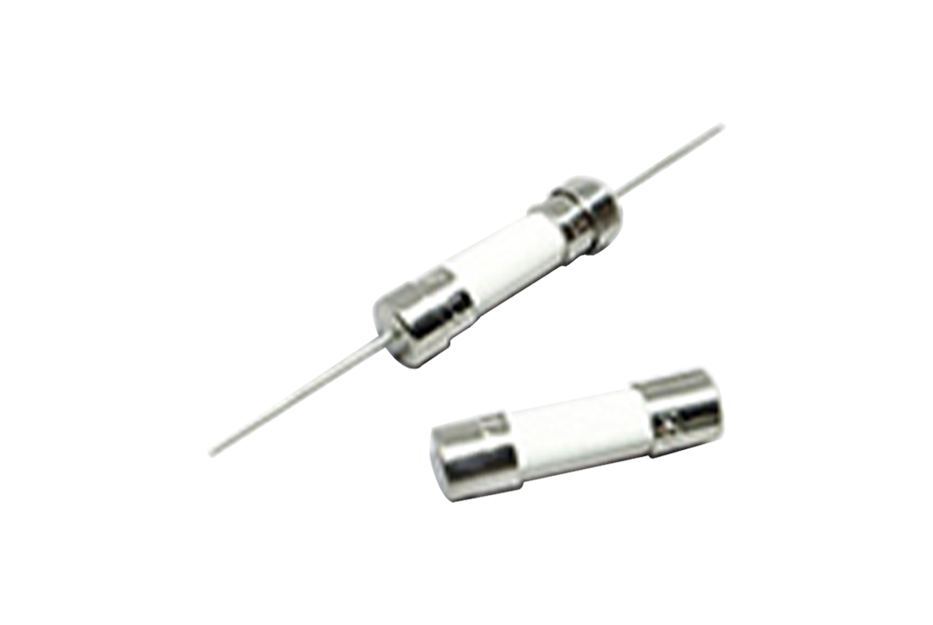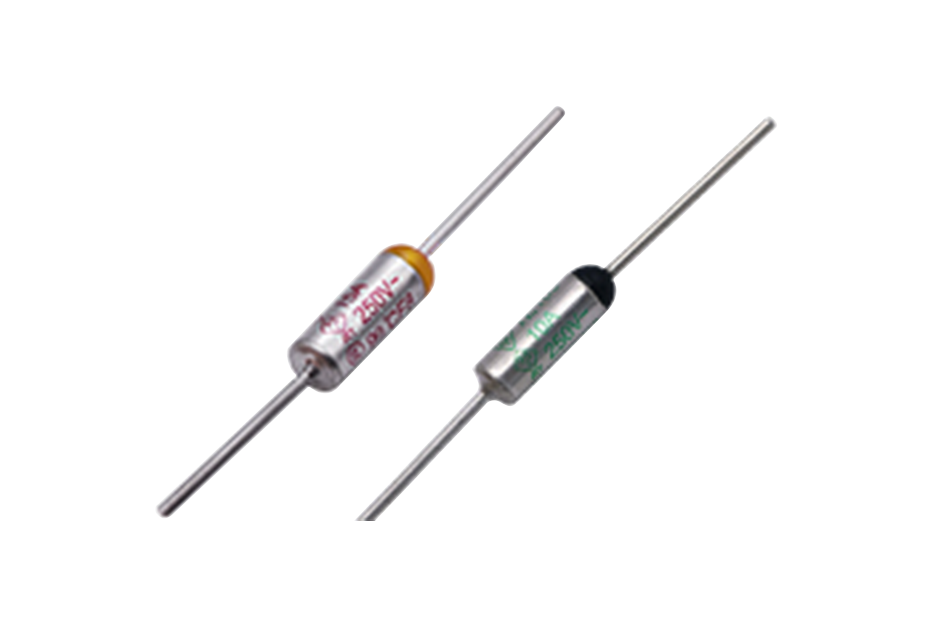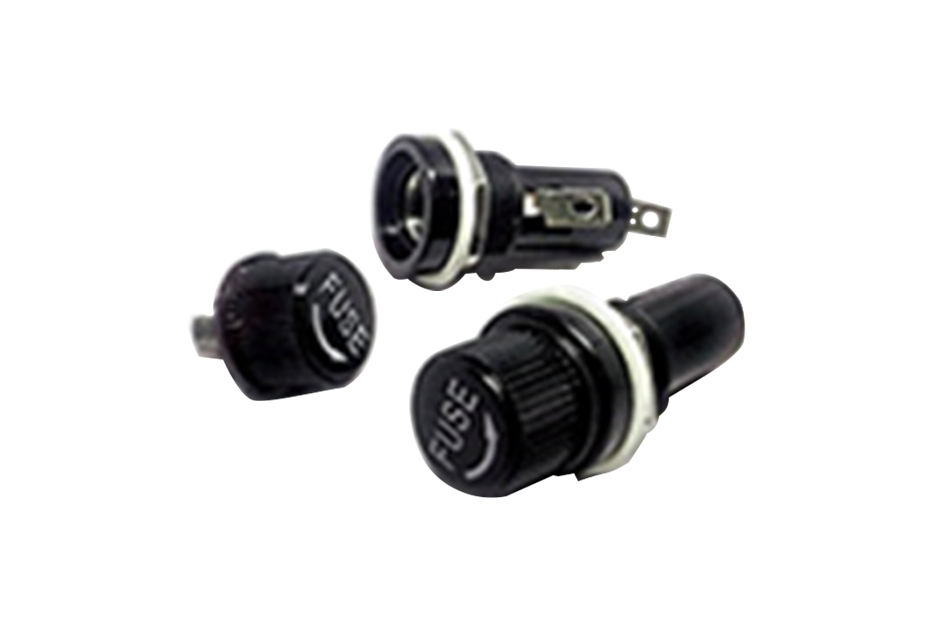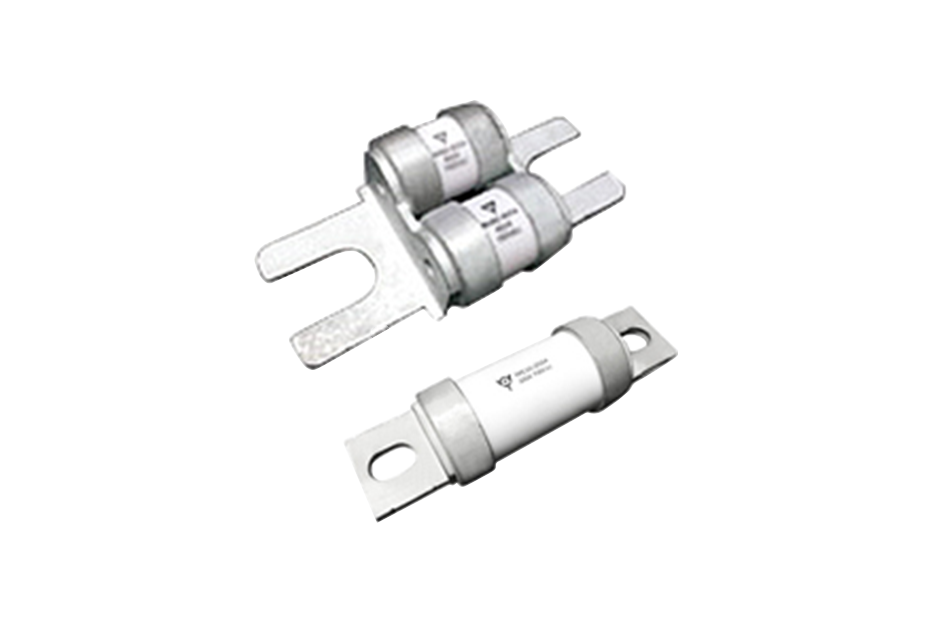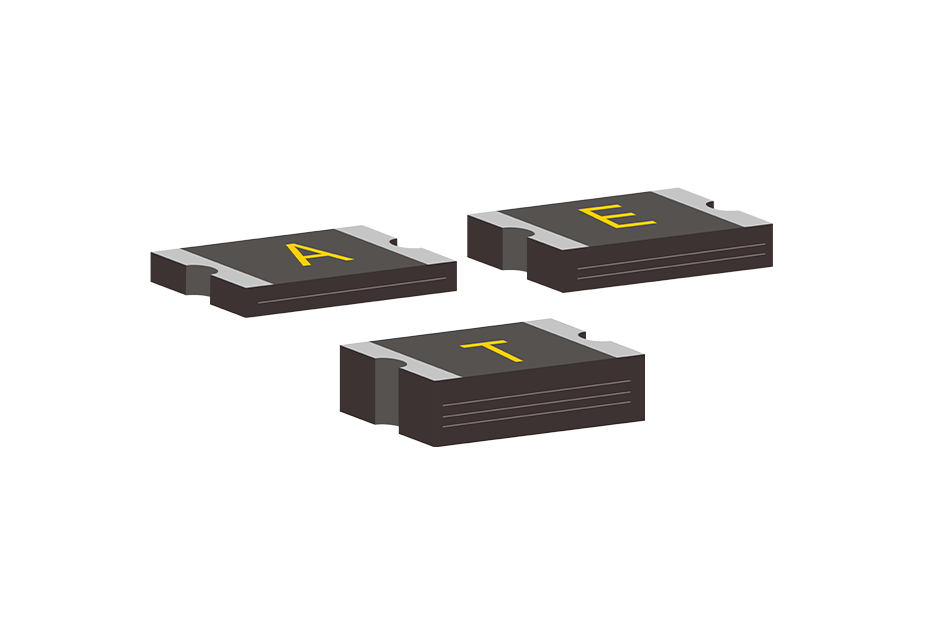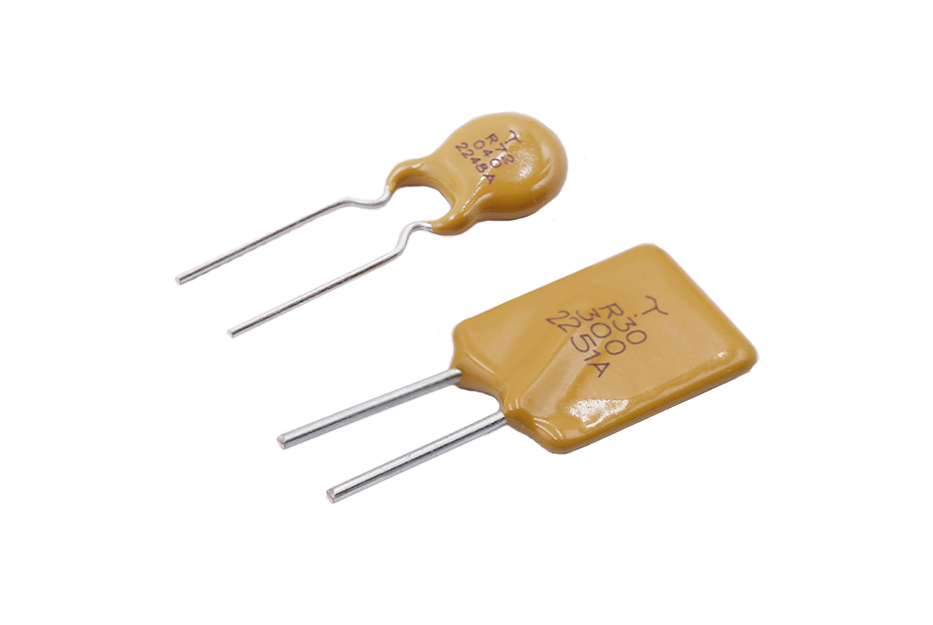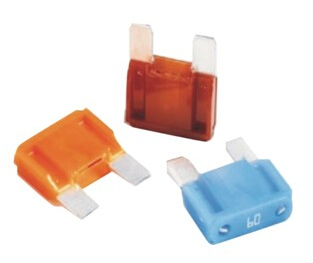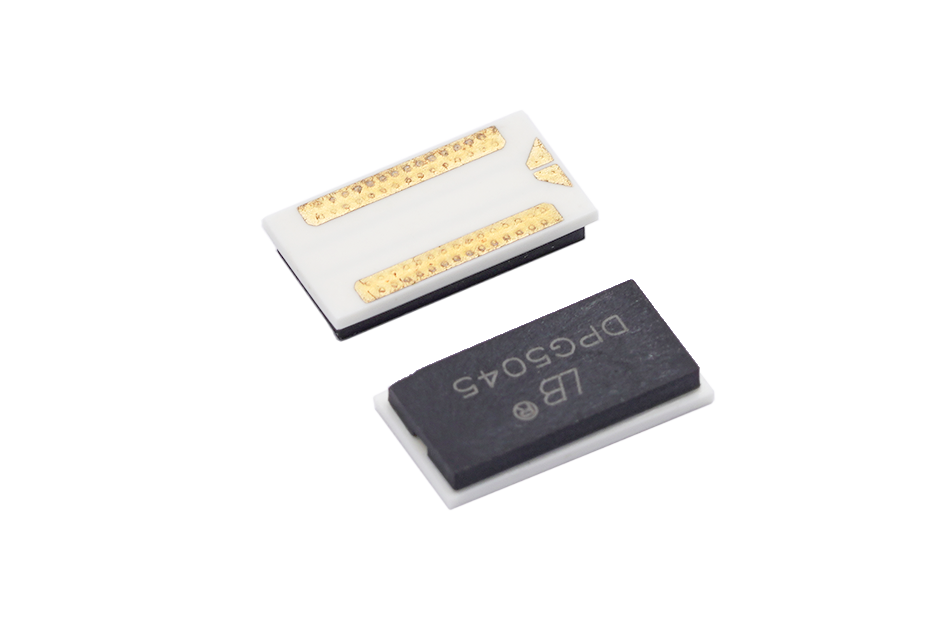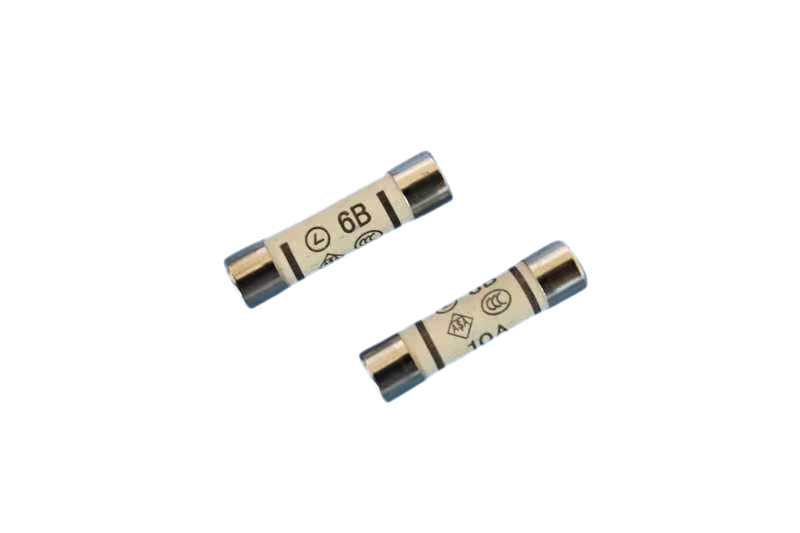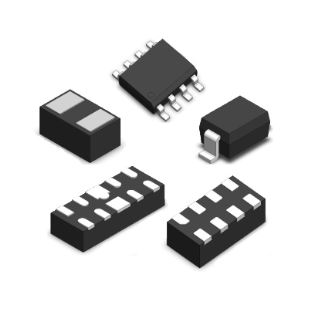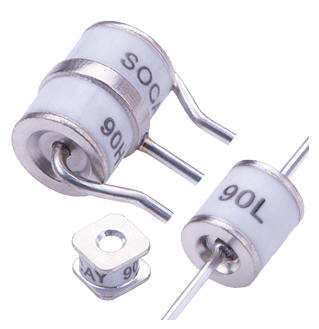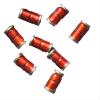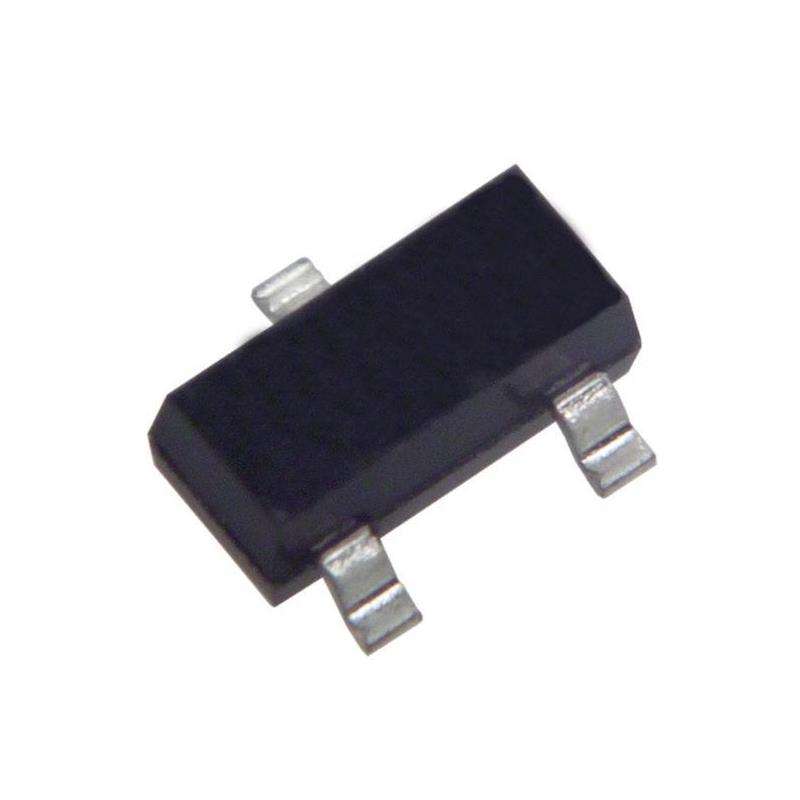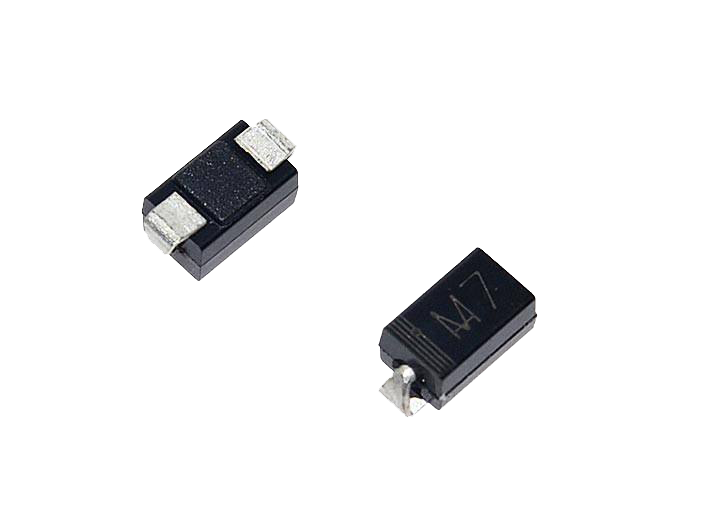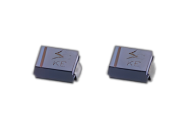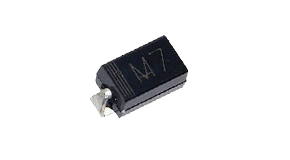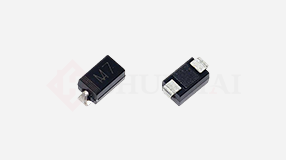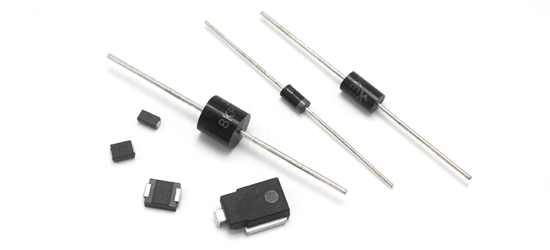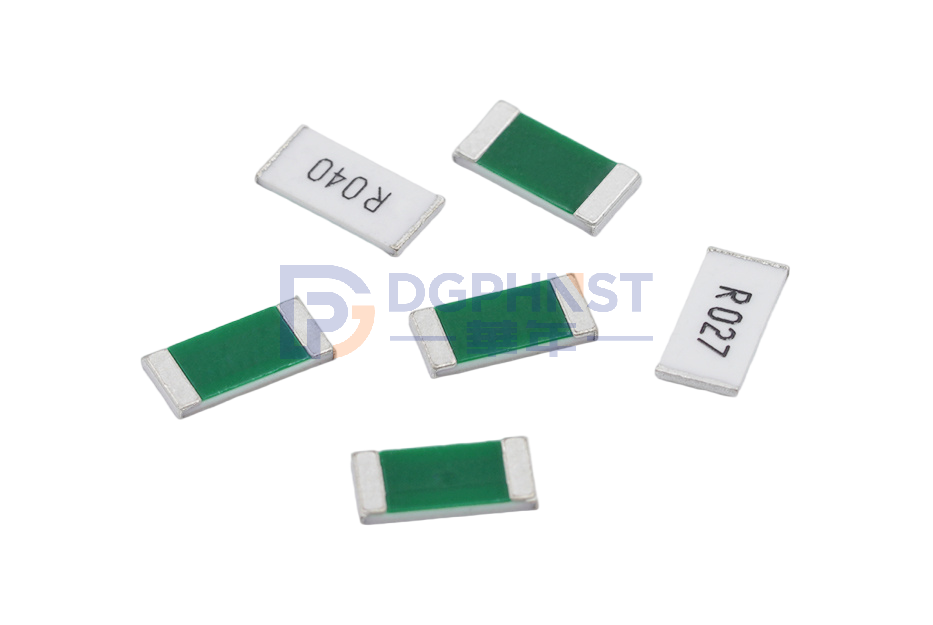1、 Accuracy of resistance
The accuracy of a resistor refers to the difference between the actual resistance value and the nominal resistance value, usually expressed as a percentage. For example, if the nominal resistance value of a resistor is 1k Ω, and its actual resistance value is 1.02k Ω, its accuracy is 2%. The higher the accuracy of a resistor, the smaller the difference between its actual resistance value and nominal resistance value. Therefore, accuracy is an important indicator of resistance performance.
According to international standards, the accuracy of resistors can be divided into the following levels:
1. General accuracy (5%, 10%, etc.): Generally used for circuits with lower requirements, such as some simple LED flashing circuits.
2. Precision (1%, 2%, etc.): Used in situations with high requirements for circuit accuracy, such as basic amplification circuits.
3. High accuracy (0.5%, 0.1%, etc.): Used in situations where circuit accuracy is highly required, such as testing instruments.
4. Ultra high accuracy (0.05%, 0.01%, etc.): Used in situations where high circuit accuracy is required, such as high-precision electronic balances.
Resistance accuracy representation:
| Letters represent codes | accuracy |
| K | 10% |
| J | 5% |
| G | 2% |
| F | 1% |
| D | 0.5% |
| C | 0.25% |
| B | 0.1% |
| A | 0.05% |
| T | 0.01% |
2、 Precision of precision resistors
Precision resistors refer to resistors with higher accuracy than ordinary resistors, with an accuracy generally below 1%. Due to the high precision requirements of precision resistors, their production process is also more complex and expensive.
The accuracy of precision resistors is mainly affected by the following factors:
Selection of resistance materials: The linearity and temperature coefficient of resistance materials have a significant impact on accuracy, so precision resistors usually use high-quality resistance materials, such as metal films, tungsten steel, platinum resistors, etc.
Control of processing technology: The processing technology requirements for precision resistors are very high, requiring the use of high-precision processing equipment and process control methods to ensure the accuracy and stability of the resistors.
Temperature coefficient control: The temperature coefficient of precision resistors is very low, so strict temperature coefficient control is necessary to ensure the stability and accuracy of resistors at different temperatures.
Precision resistor selection address: Precision resistor selection and purchase (can click on the image)
3、 How to choose the accuracy of resistors
When selecting the accuracy of resistors, the following factors need to be considered:
Practical application: Different circuits have different requirements for accuracy, with some circuits having higher requirements for accuracy and others having lower requirements for accuracy. Therefore, when selecting the accuracy of resistors, it is necessary to choose according to the actual application situation.
Cost and cost-effectiveness: The higher the accuracy, the higher the price of the resistor, so cost and cost-effectiveness need to be considered when selecting the accuracy of the resistor. Generally speaking, for circuits that do not require high accuracy, selecting a resistor with average accuracy is sufficient.
Reliability and stability: The higher the accuracy of the resistor, the higher its stability and reliability. Therefore, in some situations that require high circuit reliability and stability, choosing precision resistors would be more appropriate.
In summary, when selecting the accuracy of resistors, it is necessary to comprehensively consider factors such as practical applications, cost and cost-effectiveness, reliability and stability, in order to select the most suitable and cost-effective resistor accuracy.
4、 Summary
The accuracy of resistance is an important indicator of resistance performance, and the higher the accuracy, the smaller the difference between its actual resistance value and nominal resistance value. Precision resistors refer to resistors with higher accuracy than ordinary resistors, which have a more complex production process and higher prices. When selecting the accuracy of resistors, it is necessary to comprehensively consider factors such as practical application scenarios, cost and cost-effectiveness, reliability and stability, in order to select the most suitable and cost-effective resistor accuracy.

